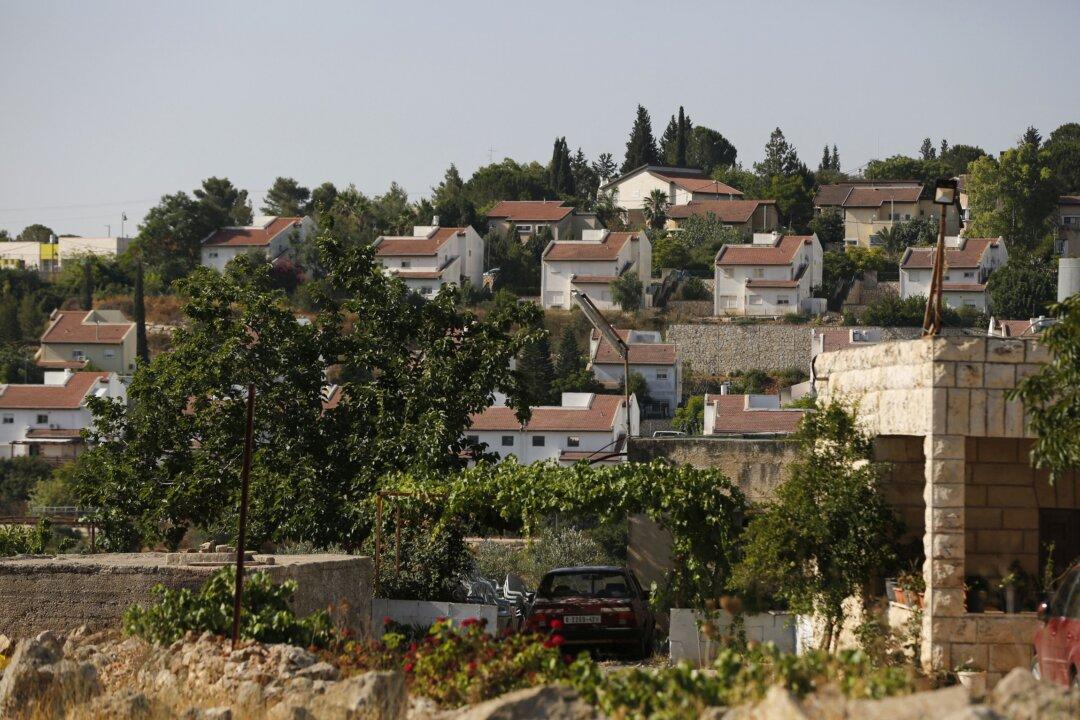Israeli Finance Minister Bezalel Smotrich is moving ahead with plans to expand Israeli settlement communities in the West Bank despite concerns raised by the Biden administration that these efforts would further complicate the administration’s push for a two-state solution.
On Feb. 27, Mr. Smotrich announced the approval of municipal boundaries for a new community called Mishmar Yehuda, to be located in the Israeli West Bank settlement cluster of Gush Etzion, south of Jerusalem. The Israeli finance minister, who is himself a West Bank settler, said work would continue on authorizing further settlements in the contested territory.





